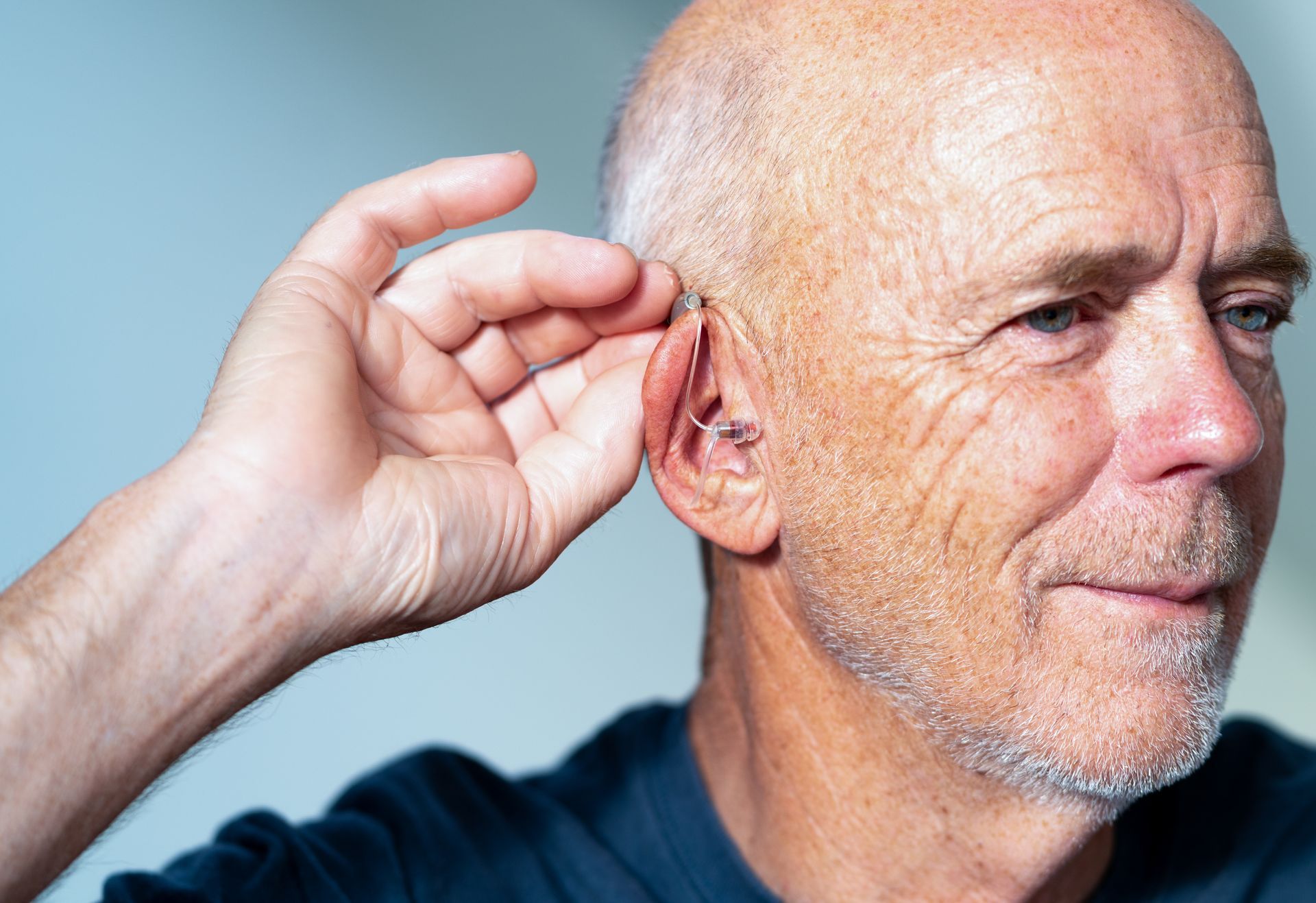Conquering Financial Challenges When Purchasing Hearing Devices
While hearing devices can be life-changing, their price can be a barrier for many people. About 50 to 64% of older Americans who could benefit from hearing care technology cite “cost” as their major blockage in deciding whether to make a purchase.1
If you or someone you know is one of them, here are a few tips to make buying hearing devices easier on you—and your budget.
Check Your Private Health Insurance Coverage
While most plans don’t cover the entire cost of hearing devices, some will pay a portion. If your plan has a hearing health benefit, you will likely need to meet your deductible before your insurance covers any hearing device costs.
Determine if You Qualify for Government Assistance Programs
Medicare Advantage, Medicaid, the VA, Tricare and Workers’ Compensation are some programs that offer financial assistance for hearing devices. It’s worth looking into these programs to see if you’re eligible; however, be aware that some of them may limit the type of hearing technology and level of follow-up care you can receive.
Explore Financing Plans Offered by Your Provider
These plans let you pay for your devices over time, making the cost more manageable. CareCredit®, a health and wellness credit card, allows you to pay for any deductibles or treatments your health insurance doesn’t cover, including hearing devices.
Think About Your Future Happiness
The long-term benefits of investing in high-quality hearing devices are worth considering. While the upfront cost may be significant, the positive impact of being able to hear properly can be invaluable. Evidence shows that 87% of hearing device users report that hearing devices improve their overall quality of life.2
Want to learn more about your options for paying for hearing devices or need to schedule an appointment? Contact our team today.
1 The Hearing Review. (n.d.). Tips for overcoming financial hurdles when buying a hearing aid. https://consumer.hearingreview.com/tips-for-overcoming-financial-hurdles-when-buying-a-hearing-aid/
2 Picou, EM. (2020). MarkeTrak 10 (MT10) survey results demonstrate high satisfaction with and benefits from hearing aids. https://europepmc.org/article/med/32047346



